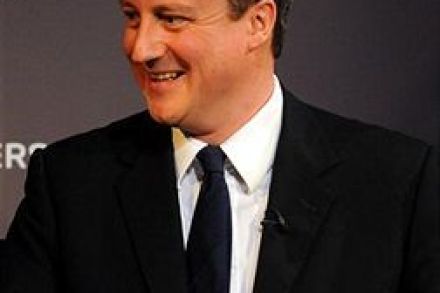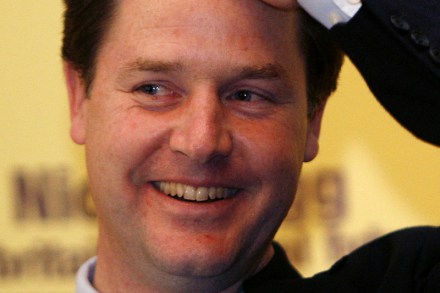Tories to outline spending cuts after the Budget
Now here’s a turn up: according to Nick Robinson, the Tories are going to announce details of what spending they would cut in the forthcoming fiscal year after next week’s Budget. So it looks like Cameron might come good on his promise, after all. We’ll have to wait and see before judging whether those cuts are credible. But, along with George Osborne’s FT article today, it does seem that the Tories have rediscovered the will to take on Labour over when and what to cut.














